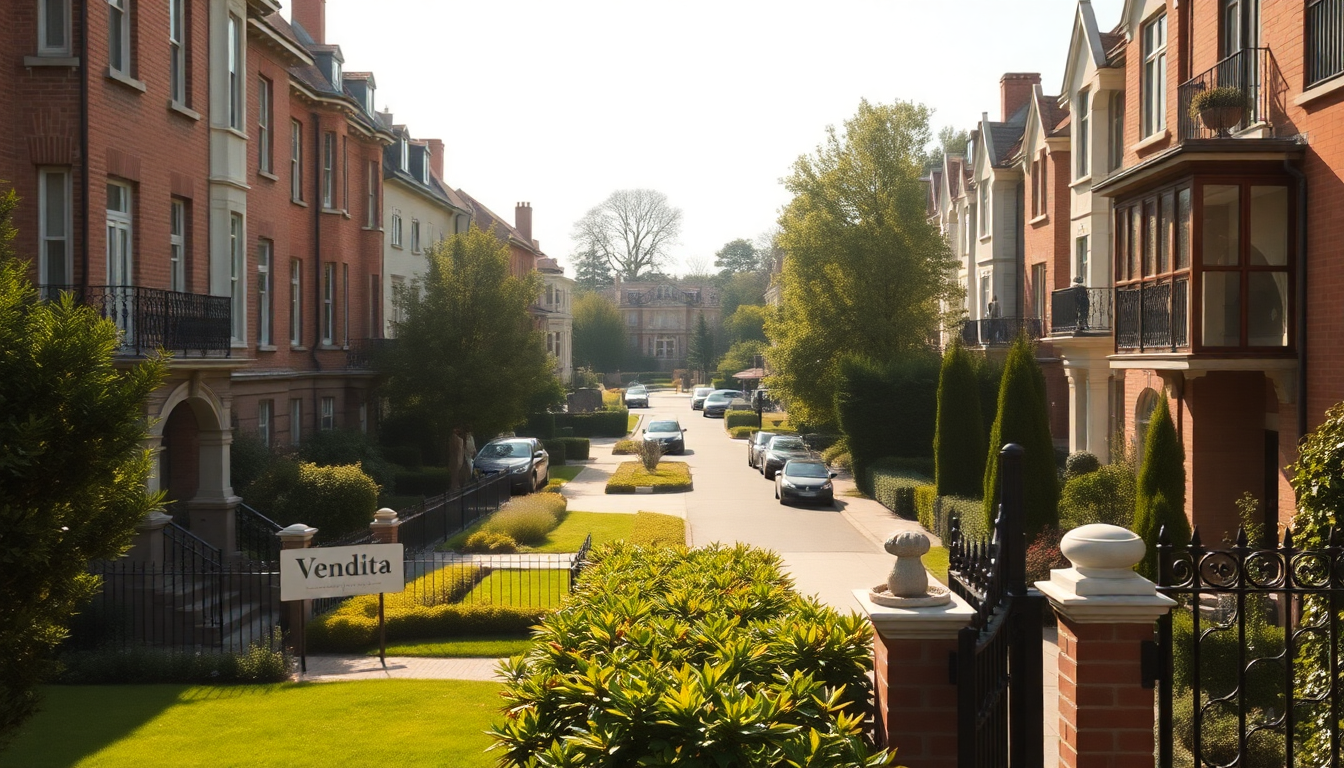Table of Contents
The conversation about property taxes in our cities is heating up, especially with candidates suggesting bold reforms to tackle wealth inequality. Recently, a prominent figure made headlines by advocating for a significant hike in property taxes, particularly in affluent neighborhoods. But what does this really mean for those communities, and why are these changes being proposed in the first place?
Why are property tax reforms on the table?
Supporters of raising property taxes argue that the current tax system is skewed, favoring wealthier areas while leaving economically challenged neighborhoods underfunded. They contend that these reforms reflect financial realities, not just demographic stats. By pointing out the uneven tax burdens in different areas, advocates are calling for a system that ensures fairer contributions from those who can afford it. Isn’t it time we rethink how we fund our communities?
Another pressing issue is the declining tax base in urban areas. As living costs skyrocket, many residents, especially those in lower-income brackets, find themselves priced out of their neighborhoods. This shrinking tax revenue means essential services suffer, creating a cycle where the very areas that need support the most are left wanting. The push for property tax reassessment is an urgent call to address these inequalities and protect the viability of our urban communities.
The ripple effects on urban development and community life
So, what happens if we do raise property taxes in wealthier neighborhoods? On one hand, it could boost funding for public services, infrastructure, and community programs, which are often lacking in lower-income areas. This could pave the way for greater social equity and healthy community development. But there’s a flip side—could these measures push wealthier residents out, ultimately harming property values and local economies?
The discussion around billionaires and wealth concentration also adds to the tension in urban settings. Many people feel that extreme wealth inequality disrupts community cohesion and economic stability. The sentiment that billionaires shouldn’t exist echoes among those who view vast wealth disparities as unsustainable. This urgency for reforming tax structures could be the key to redistributing wealth more evenly.
Looking ahead: What should we consider?
As cities navigate these complex issues, it’s vital for policymakers to think about the long-term effects of property tax reforms. Engaging with community members, economists, and urban planners can offer a well-rounded perspective on how these changes might shape urban living in the future. How can we balance the need for revenue with creating an environment where everyone can thrive?
Keeping an eye on the results of any proposed changes will also be crucial. Tracking shifts in property values, demographic trends, and local economic activity will help us understand whether these initiatives are successful. As we move forward, grasping the intricacies of property taxation and its impact on our urban landscapes will be essential for building equitable and sustainable communities.


